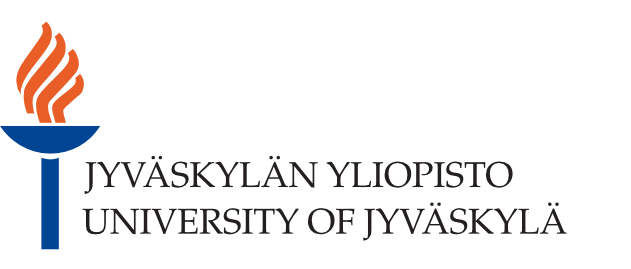PROFAG
Professional agency and collaborative creativity in work-related learning communities - PROFAG
Professor Anneli Eteläpelto (Adult education)
In recent years, working life and professional learning communities have witnessed an increased need for active agency among individual workers and work communities. Continuous changes have compelled workers to engage in continuous learning in and through their work, and to constantly renegotiate their work identities and professional subjectivities – all aspects which underline the importance of individual and collective agency. In addition, active agency is needed for collaborative creativity, a factor increasingly recognised as promoting innovation in work communities. So far, however, there has been insufficient understanding of the ways in which professional agency mediates workplace learning and collaborative creativity in different kinds of work contexts, or of the kinds of resources and obstacles that are most important for productive learning and creativity.
In view of this, the present study aims to investigate how professional agency mediates professional learning and collaborative creativity in different kinds of work-related learning contexts. The study will investigate the manifestations and practices of individual and collective agency, and how agency promotes collaborative creativity in various kinds of human-centred work. The study will further address the resources and obstacles pertaining to agency and creativity in different kinds of work settings.
The research questions to be addressed are:
1) How is professional agency recognised, practised and used (as an individual and collective endeavour) by a) young teachers working in comprehensive schools, b) private entrepreneurs working in the field of adult education c) by nurses and doctors in the work communities of a central hospital?
2) What are the most important resources for and constraints on agency and collaborative creativity in the work communities of these professionals?
3) How is agency related to the accounts of workplace learning and creative collaboration provided in the work-related learning communities of these professionals?
Four sub-studies addressing these questions will use different kinds of research strategies:
i) conceptual and theoretical analyses,
ii) longitudinal strategy while collecting data from the same subjects from whom data were obtained in 2001-2003;
iii) cross-sectional comparisons of different groups of professionals. New data collection will take place through open, dialogical interviews with nine young teachers and five private entrepreneurs working in adult education. Pre-existing data sets include data concerning private entrepreneurs, nurses and doctors. In the framework of a subject-centred socio-cultural approach, we shall apply a data-driven methodology in order to capture the entire variance present in the data. However, the conclusions will be reached through abductive approach. A qualitative content analysis and an applied thematic analysis is used in verbal data analysis.
The research will produce innovative theorising on professional agency at work and the conceptualisation of the subject-centred socio-cultural approach. Furthermore, it will afford empirical evidence concerning the opportunities for enhancing professional agency and collaborative creativity in schools and hospitals.
Funded: The Finnish Academy of Sciences 1.8.2009-31.7.2010 (Senior research post)
Anneli Eteläpelto (responsible researcher). Other researchers: Katja Vähäsantanen, Päivi Hökkä, Kaija Collin, Susanna Paloniemi, Jaana Saarinen and Karen Littleton
